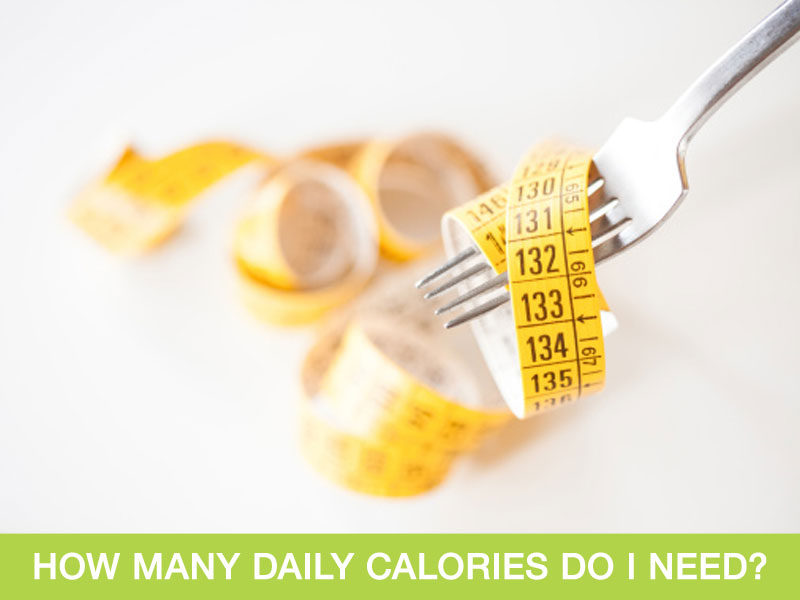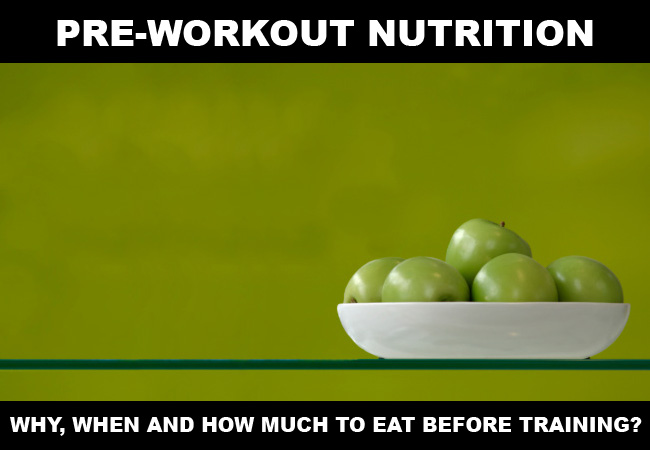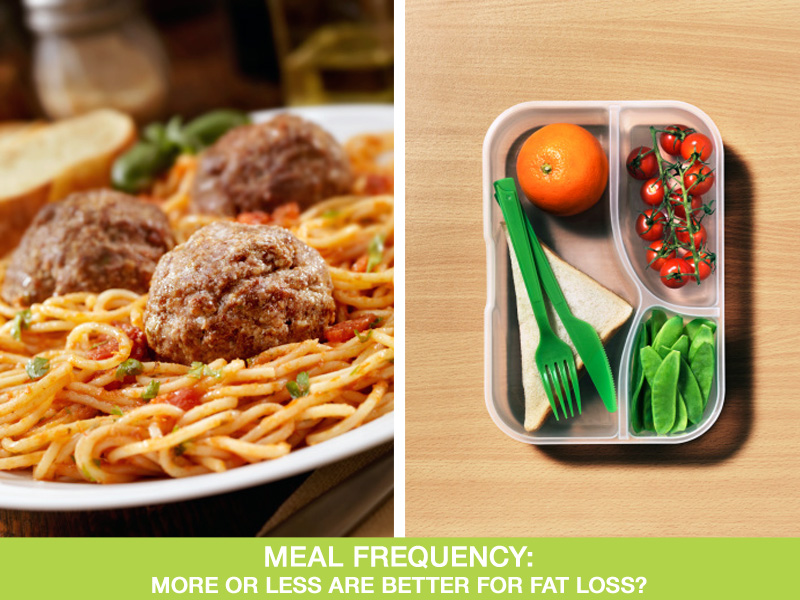
Do you really believe in magic results?
I’m as sick of the Diet Wars as everyone else. Thanks to our daily TV shows, they keep convincing you of “magic” food or combination of foods that will produce instant and permanent weight loss (Special pills that make you lose 5 kilos a week, Hollywood diets… do you really believe that Hollywood stars are following such nutritional plans or that these pills will make you any fit!? Most of you have tried them and you were all deceived). I weep for the people whose weight fluctuates wildly; they go on diet after diet, and they end up fatter and weaker each time.
Are you looking for Short or Long Term Results?
But nothing makes me more frustrated than the endless repetition of this simple statement:
“If you want to lose weight, eat less and exercise more.”
What makes me nuts is the fact it’s absolutely true, in the short term. You will lose weight if you consume fewer calories and burn off more. But what happens when you cut down your calorie intake suddenly: You lose muscle and slow down your metabolism. Downsized muscle and a downshifted metabolism mean most of the weight you regain will be in the form of fat. And, unless you have a metabolism- friendly weight-maintenance plan, you will regain whatever you lost. Plus some, in most cases.
“Exercise more” sounds good, too, until you try to figure out where to get the necessary energy for training while cutting calories from your diet.
Energy Flux
Exercise is very much linked to your metabolism—the number of calories you burn each day. So is the food you eat. If you exercise more and eat more, your metabolism speeds up. If you exercise more and eat less, your metabolism could very well slow down. The combined effect of exercise and food on your metabolism is energy flux. I believe it’s the lost key to weight control. It’s certainly a phenomenon that almost every article and book gets wrong. If more people understood it, we could wipe most of the popular diet books right off the shelves.
Your metabolism has three components:
Resting metabolism
This is the number of calories you burn no matter what you eat or do that day. For simplicity, let’s call this one RMR, for “resting metabolic rate.” That’ll save me a few keystrokes. RMR accounts for about 60 to 80 percent of the total calories you burn each day.
Activities of daily living
This include everything you get up and do, from stumbling to the bathroom when you wake up in the morning to that hour of weight lifting you’re going to perform this afternoon.
Thermic effect of food
This is the number of calories you burn when you digest the food you eat. Not only is it the easiest part of your metabolism to increase, it’s the part that most popular diet plans overlook. You have to eat anyway, and by making a few adjustments to your food choices and meal timing, you can burn hundreds of extra calories a week.
Daily Activity & Food Intake Increase your RMR
Now, a bit of math: If RMR accounts for 60 to 80 percent of all calories burned, then physical activity and digestion account for 20 to 40 percent.
But here’s what few people know (or bother to mention): Your daily activity level and food intake have an effect on your resting metabolism. If you deliberately increase your energy flux by increasing your activity level and increasing your food intake, you also speed up your resting metabolism.
The converse is also true: If you exercise less and eat less, you slow down your resting metabolism.
Ref: New Rules Of Lifting
If you like this article, PLEASE share it with your friends by clicking one of the icons below:






Leave a Reply